Climate crisis
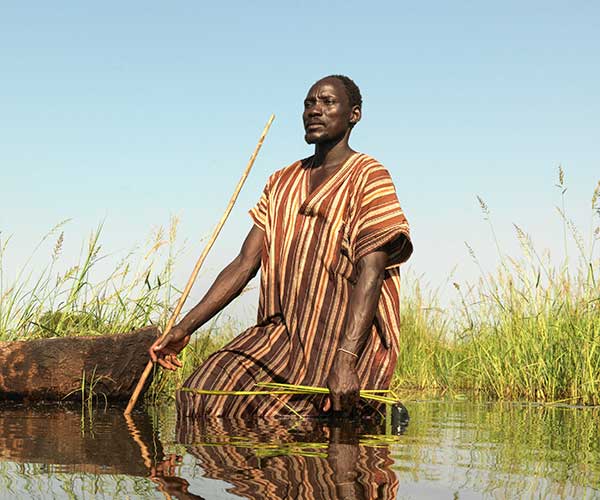
Rising temperatures and extreme weather are having a huge impact on already vulnerable communities.
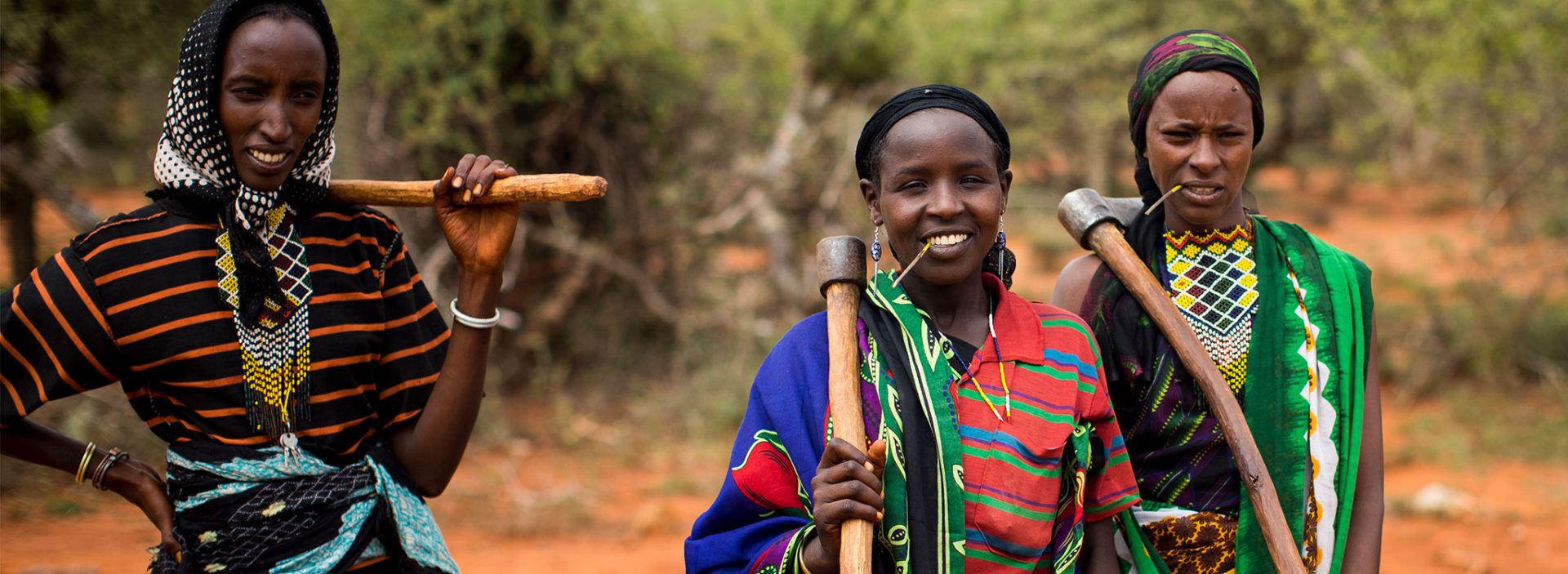
Hunger affects everyone differently. But around the world, women and girls are most at risk of becoming malnourished.
Girls might be attracted or pushed into early marriage, while boys separated from their families during an economic migration might slide into malnutrition if they can’t care for themselves.
For men who have lost wives, they might not have the same cooking and child caring skills needed to look after their families.
In the south of Madagascar, girls and women lose most of their decision-making powers upon the payment of dowry. While little boys might eat better than women and girls, they are washed less frequently, and are therefore more vulnerable to infection and disease.
All people, whatever their gender or age, need different types of food in their diet to keep them strong and healthy.
Women are often more vulnerable to malnutrition. They generally have smaller and less muscular bodies than men and need about 25% less energy per day. However, they require the same amount of nutrients, which means they need to eat more nutrient rich foods than men. But this is often unaffordable as foods rich in nutrients – like fruit, vegetables and protein – are the most expensive foods.
When pregnant and breastfeeding, women need to consume foods even richer in nutrients to maintain their energy and nutrition levels. Lack of access to a healthy diet puts pregnant women at greater risk of complications during pregnancy and birth. Many infant and young child deaths in developing countries are the result of the poor nutritional health of their mothers. Teenage mothers and their babies can also be particularly vulnerable to malnutrition.
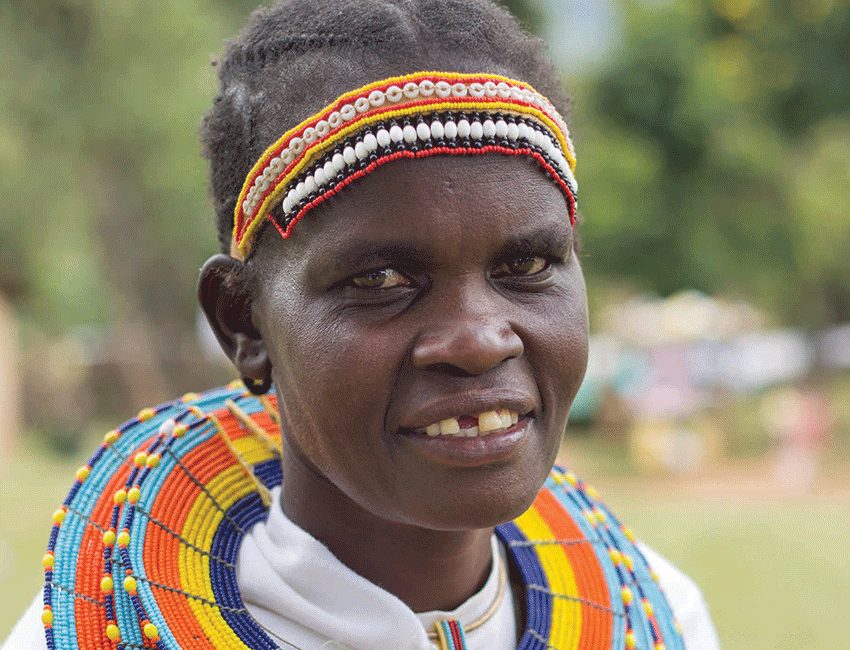
A group of incredible women in western Kenya have joined forces to transform the health of their community.
The day-to-day working life of a woman can be both physically and mentally demanding, making causes of malnutrition very complex. They often fuel a lively discussion among experts and in communities themselves.
Link NCA is a collaborative research project that identifies the causes of undernutrition. Link NCA studies gather and record stories, building a compelling picture of women’s experiences around the world. The stories show how the pressures on women affect their ability to care for their children, and how that consequently impacts their children’s health.
In Haiti, parental stress has been identified as a key cause of undernutrition. Women who are the head of the household, or women who became pregnant without planning to, seemed to feel the most stress.
“We would like to spend more time with our children but we cannot stay at home all day. We are forced to leave the house and look for casual labour opportunities, especially if our spouses constantly accuse us of draining their pockets.”
In Bangladesh, stunted growth has been linked to the heavy workload of women living in Rohingya refugee settlements, while women’s low levels of decision making is a major factor in undernutrition among children in Uganda.

Rising temperatures and extreme weather are having a huge impact on already vulnerable communities.
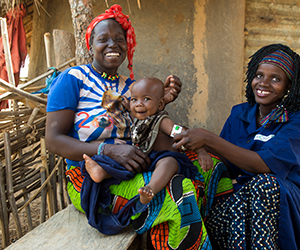
Providing children with the nutrition they need means they can fulfil their potential and build a brighter, healthier future.
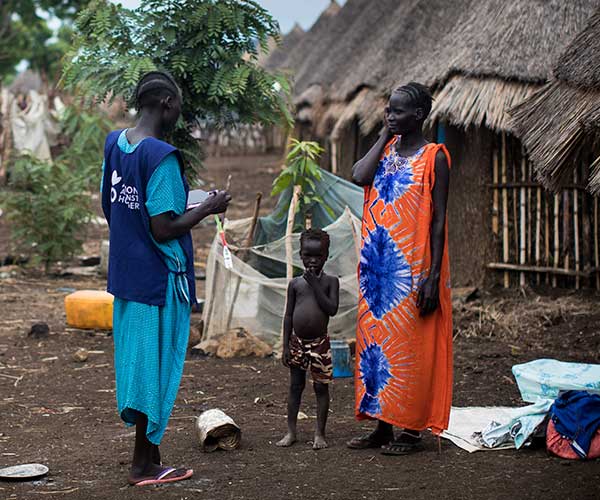
Most people facing hunger and malnutrition in the world today can be found in countries affected by conflict.